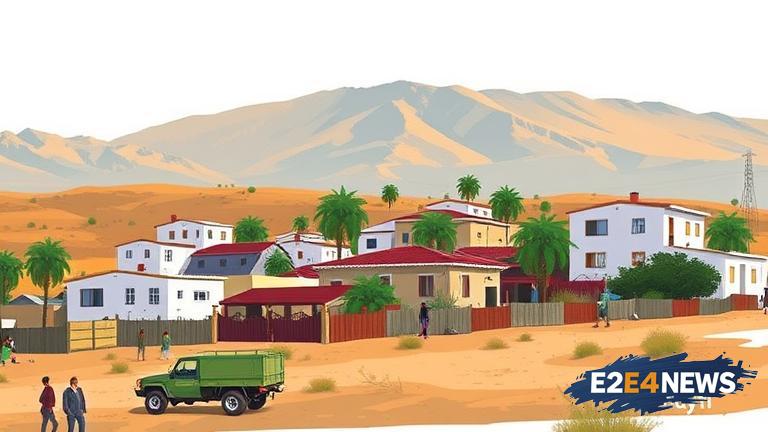The Hayti project, a proposed mixed-use development in Durham, North Carolina, has been withdrawn by its developer amidst growing community concerns and opposition. The project, which aimed to revitalize the historic Hayti neighborhood, had been met with skepticism by local residents who feared it would lead to gentrification and displacement of long-time community members. The developer, after facing intense backlash and criticism, has decided to pull the proposal, citing the need to reassess and re-evaluate the project’s impact on the community. The Hayti neighborhood, once a thriving African American community, has been subject to decades of disinvestment and neglect, leading to a decline in economic and social opportunities. The proposed project had promised to bring new investment and development to the area, but many residents felt that it would come at the cost of their cultural heritage and community identity. Concerns over affordable housing, job creation, and community benefits had been at the forefront of the opposition, with many arguing that the project did not do enough to address these issues. The withdrawal of the proposal has been met with a mix of emotions, with some residents expressing relief and others disappointment. While some had seen the project as an opportunity for growth and development, others had viewed it as a threat to the community’s very existence. The debate over the Hayti project has highlighted the complex and often contentious nature of urban development, particularly in communities of color. As cities across the United States grapple with issues of gentrification, affordable housing, and community displacement, the Hayti project serves as a cautionary tale about the need for inclusive and equitable development practices. The city of Durham, known for its rich history and cultural heritage, must now navigate the challenges of balancing economic growth with community needs and concerns. The withdrawal of the Hayti project proposal has sparked a renewed conversation about the importance of community engagement and participation in the development process. Residents and community leaders are calling for a more inclusive and transparent approach to development, one that prioritizes the needs and concerns of long-time community members. As the city moves forward, it must consider the lessons learned from the Hayti project and work to create a more equitable and just development framework. This will require a commitment to community-led planning, affordable housing, and job creation, as well as a willingness to listen to and address the concerns of all stakeholders. The future of the Hayti neighborhood and the city of Durham as a whole depends on it. The Hayti project may be off the table for now, but the conversation about its impact and implications will continue. The city must seize this opportunity to create a new vision for the Hayti neighborhood, one that is guided by the principles of equity, justice, and community empowerment. By doing so, Durham can become a model for inclusive and sustainable development, one that prioritizes the needs and concerns of all community members. The withdrawal of the Hayti project proposal is a significant development, but it is only the beginning of a larger conversation about the future of the city and its communities. As the city moves forward, it must remain committed to the values of equity, justice, and community empowerment, and work to create a brighter future for all residents.





